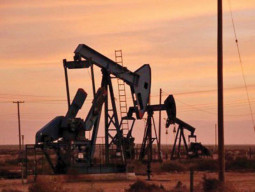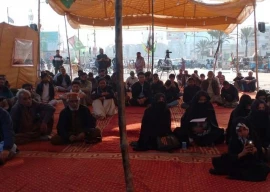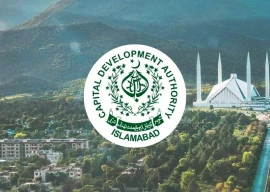
Lack of coordination between different agencies involved in managing the situation is said to contribute to the problems. Development organisations that have for years remained active in the area are reported to have played a key part in organising people. Government authorities sadly lack credibility with people. We hope the people of upper Hunza can return soon to their villages. But it is vital authorities remember their task will not be over once this happens. The full-fledged rehabilitation required after the crisis will need efforts to ensure homes are restored; some are reported to be quite badly damaged. Land has also been lost in villages like Attabad, where it is a precious commodity. Those who painstakingly built terraces, and the crops they are able to plant only once a year given climatic conditions, need to be compensated. They and many others will also require longer term help to re-build lives, re-establish livelihoods and build the greater trust for the government that is in many ways a vital part of the relationship between citizens and the state they live in under a social contract that in our country is in danger of breaking down.
Published in the Express Tribune, June 16th, 2010.





1735325091-0/water-in-space-(1)1735325091-0-270x192.webp)








1733421998-0/New-Project-(1)1733421998-0-270x192.webp)








COMMENTS
Comments are moderated and generally will be posted if they are on-topic and not abusive.
For more information, please see our Comments FAQ